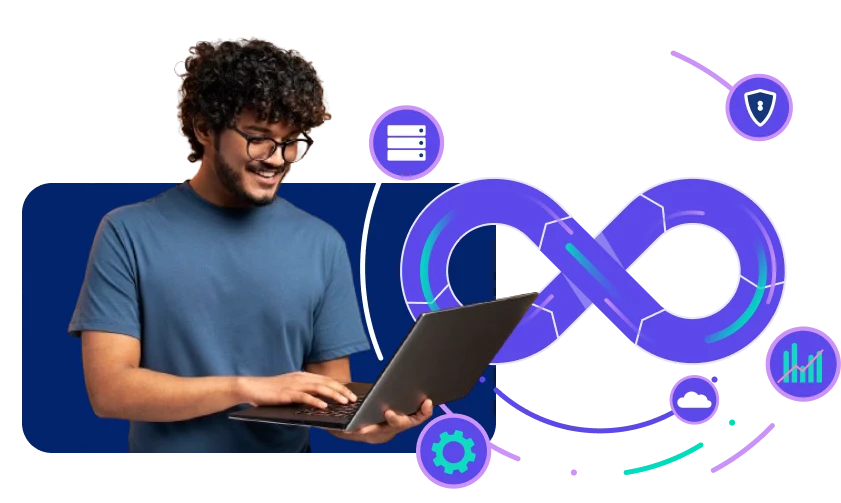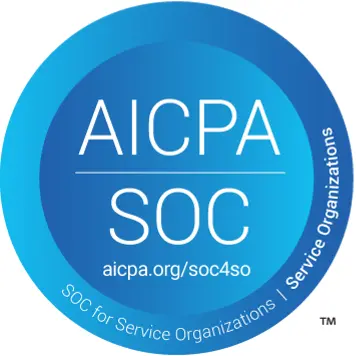Observability Platform for DevOps Teams
Ensure DevOps teams have the necessary data to make informed decisions and drive continuous improvement by integrating with CI/CD pipelines for automating performance testing and offering profound insights into how code changes affect production environments.



















 +1-760-465-2330
+1-760-465-2330


